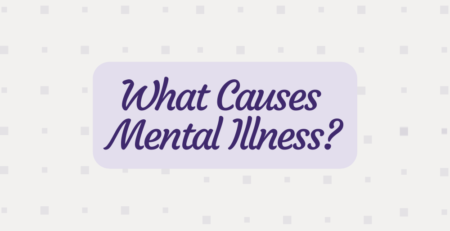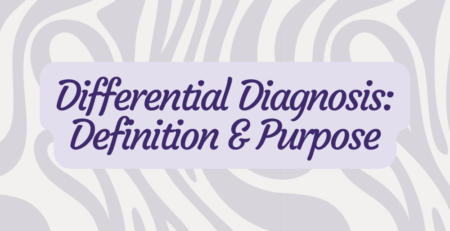How Common Is Suicide?
Suicide remains one of the leading causes of death in the U.S., which has led some mental health professionals to classify it as a severe epidemic. Every year, mental health organizations, suicide survivors and those whose lives have been touched by suicide observe National Suicide Awareness Month in September.
The goals of the month-long observance are to remember those we have lost to suicide, to promote nationwide recognition of people affected by suicide and to encourage those who need help to seek it.
Warning Signs of Suicide
Everyone who contemplates taking their life arrives at that conclusion for different reasons. Some people may display warning signs of suicidal ideation for a long time, while others may appear to be leading normal, happy lives before attempting to end things. On the other hand, many people who seem depressed or hopeless never succumb to suicide.
Suicide most often occurs when stressors and mental health issues converge to create an atmosphere of hopelessness and despair. Most people who take their lives exhibit one or more of these red flags through their words or deeds.
- Talking about death
- Feelings of being stuck in a rut
- Acting agitated or anxious
- Reckless behavior
- Withdrawing from friends and family
- Avoiding social situations
- Losing interest in hobbies or other enjoyable activities
- Sleeping too much or too little
- Giving away belongings
- Substance abuse
- Extreme mood swings
- Despair
- Sudden decline in performance at work or school
Suicide Prevention
Since mental illness and suicide are so prevalent in America, nationwide intervention can help save lives. As of July 16, anyone in the U.S. with suicidal thoughts, a substance use disorder or any other mental health crisis can dial 988 to automatically connect to the National Suicide Prevention Lifeline. This new shortcut puts you in touch with free and confidential support 24/7.
Don’t become part of the heartbreaking suicide statistics. If you have been contemplating suicide, or if you suspect someone you care about might be having suicidal thoughts, please call 988 to reach counselors in your area who are familiar with the resources available near you.
How to Get Help
If you are struggling with suicidal thoughts, recognize that you are not alone. Treatment is available for people in distress who believe their loved ones would be better off without them. Evidence-based techniques focused on helping transform negativity into positivity include motivational interviewing and cognitive behavioral therapy.
At Serene Behavioral Health, we are here for you if you are in a crisis, feel overwhelmed or need someone to remind you that life is worth living. To learn more about what we offer, contact us anytime online or at 949-395-6552 to start the conversation that could get you back on a positive track. We are standing by 24/7 to take your call and offer our support.
















